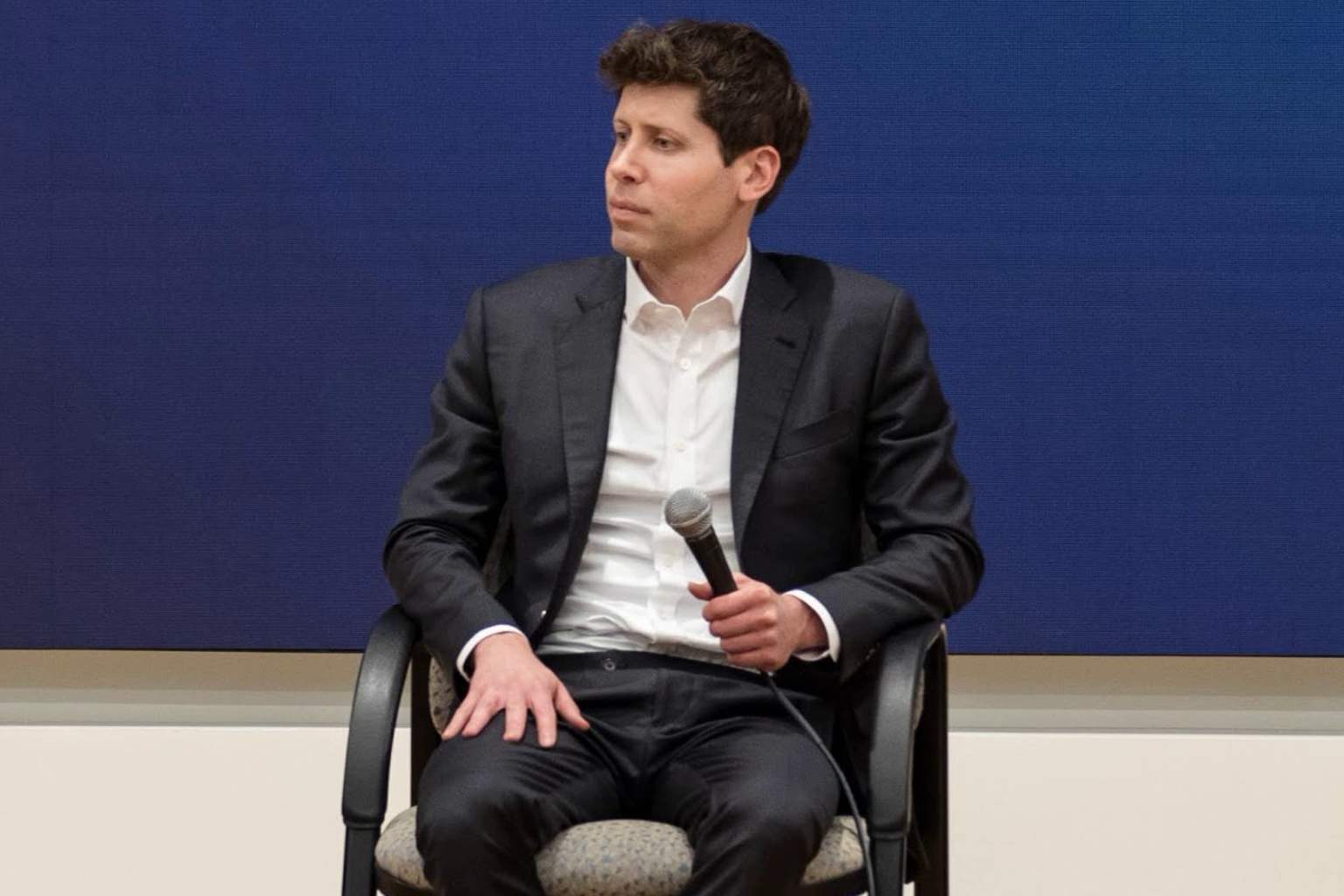Imagine being offered a signing bonus worth more than $100 million just to switch jobs. It sounds almost unreal, yet this is exactly what Meta attempted to do to some of the top talent at OpenAI, according to the company’s CEO, Sam Altman. This bold move unveils the fierce competition brewing behind the scenes for supremacy in the artificial intelligence industry.
Meta’s extravagant offer to OpenAI engineers
Sam Altman recently revealed that Meta approached many of OpenAI’s brightest minds with lavish signing bonuses exceeding $100 million. On top of these one-time incentives, Meta dangled annual salaries also surpassing $100 million for each sought-after engineer to join their growing artificial intelligence teams. The scale of these offers is staggering and highlights just how much tech giants are willing to spend to gain an edge in the race to develop next-generation AI.
Despite the tempting financial rewards, Altman proudly stated that none of the top performers at OpenAI have accepted Meta’s tempting propositions — at least so far. “It’s crazy,” Altman said during a podcast interview with his brother’s show “Uncapped.” “I’m really glad that many of our best people have stayed with us.”
Meta’s struggle to catch up in AI development
While Meta has poured billions into AI research and development, many insiders see the company struggling to keep pace. The latest version of its large language model (LLM), called Llama 4, launched earlier this year, has drawn criticism for disappointing performance in different areas, especially when it comes to writing code.
To close this gap, Meta announced it will invest more than $14 billion in Scale AI, a company specializing in data processing and labeling—a vital step before using data to train generative AI. As part of this deal, Meta has already hired several Scale AI leaders, including CEO Alexandr Wang. The company also plans to establish a new lab dedicated to developing superintelligence, aiming to create AI that can outperform humans in reasoning and understanding.
But Altman doubts that throwing giant paychecks around will create a cutting-edge corporate culture. “People think that OpenAI has a better shot at developing superintelligence and maybe even higher market value,” he said. “Offering golden handshakes as the main reason to join, rather than the mission or the work, isn’t going to build an extraordinary culture.” Reports suggest that some executives from Scale AI have been offered nine-figure annual salaries to join Meta.
What this means for the AI wars and talent battle
This high-stakes game of talent poaching isn’t just about money—it’s about vision and trust. Altman gave credit where it’s due, admitting he respects many things about Meta but doubts their edge in innovation. The frenzy of Meta’s recruitment attempts reveals how intense the competition is for top AI minds who hold the potential to shape the future of technology.
On a personal note, seeing this reminds me how critical motivation beyond money can be in some of the most creative fields. I remember during a tech startup meetup once, the brightest engineer I met shrugged off a lucrative job offer because the company’s vision didn’t inspire her. Money is crucial, yes, but passion and belief in the mission often drive people to do their best work.
What do you think? Would you chase a massive payout if it meant leaving a mission you believe in? Or would you stick with the challenge and purpose even if the money was less? Share your thoughts and experiences below. Let’s talk about how money and meaning collide in the evolving world of AI!
